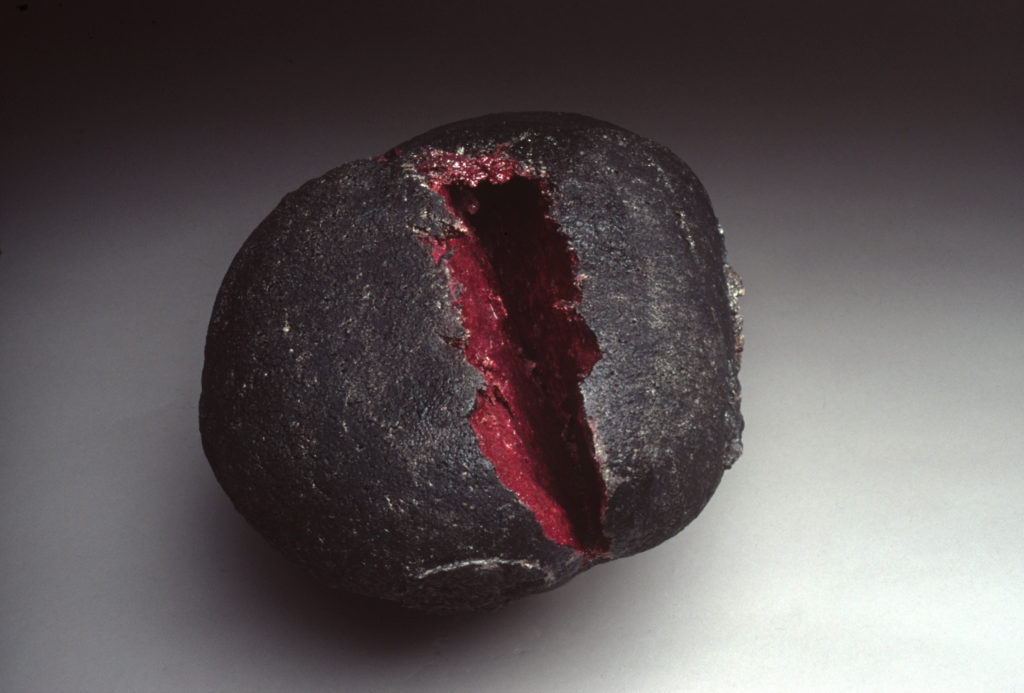
Finding the beginning of things is often very simple. Human beings are born and grow up, live their lives, and die. Normally we think that the beginning of a human being is their birth. For sure, right?
Really, wherein lies its truth? Maybe, instead, its beginning is what is usually called conception. That somehow feels more precise. Yea, but what is this story about all the ova which any given woman will ever have, are already within that woman with her own birth? That most assuredly implies that the ovum beginning of any child is dramatically before their birth and even their conception. And not just the ova are like this. Sperm are generated regularly so that the post puberty male body always has sperm within it before intercourse, conception, and birth.
This gets tedious, fairly quickly, I’d say!
What is it that we want to know in any given domain of inquiry? Of course, the obvious answer to this is that it depends on what it is that you want to know from the stimulus generating the question.
This is why philosophers have always been around, are still around and will always be around: their spirit is hidden in the deeper spaces of most of our minds. It is not about wisdom. It is about obscurity and fogginess.
Often missed in everyday life, are simple questions which, in and of themselves are actually the deeper questions of life articulated flimsily on the upper and slimmest of surfaces of our actual daily lives.
This little bit of twisting and turning is generally hidden in the undertow of questions humans have about the origins/beginnings of things.
There is, equally, a subtly powerful riptide nascent in most efforts to explain ‘what’ a thing is, ‘how’ a thing might have come to be, what we loosely designate as the ‘cause’ or the ‘makeup/structure’ of any given thing.
We have taken only the paths we have taken and not the paths we have not.
Explaining is so simple and so dramatically complex and obscure.[1] What is this? Why is this like that? How did this begin, come to be, continue to exist? What is meant by that? What, why, how? If I have the what, the why, the how, do I understand, and could this understanding be an explanation if I showed it to you. What if you did not understand or agree?? Simple, non?[2]
Setting parameters: ‘this’, ‘that’, ‘what’, ‘how’, ‘why’ — ‘if’, etc.
It’s a wonder we can stand up and walk, let alone explain anything ‘completely’.[3]
In order not to be too confusing, I’ll be at least somewhat confusing: somethings do begin a tree begins to grow in the spring, the butterfly begins to fly once it exits the cocoon, life began on earth at a certain point, it’s beginning. The earth of course had a beginning, and we designate that to occur within the timeline (‘X’ zeros ago), inside what we call our universe, about 14-15,000,000,000 years ago.
We call that it’s beginning but we know even as we say that that there were many events, causes, circumstances, elements, objects, things, undertakings, explosions, and the like, which, as we say, preceded or accompanied our beginning.
We strive to avoid the ‘nothing’ in all this, of course, and the cursed notion of creation out of nothing. Sigh! Do our words and history of words entangle us in an actual gordian knot?
It is important to remember that in human affairs and considerations related to human affairs, there is almost always a beginning to things. This is true even when we consider something as small as a zygote, or as immense as our universe. The very small, simply takes a different kind of explanation for its beginning but the principle applies just as well. For example, how did amoebas come to be; how did early shellfish come to be, how did the first plant come to be etc.
In all of these cases, humans tend to like to know a couple of things, firstly what is the composition of the thing under consideration, which is to say what is this thing, and secondly, how did this actual thing come to be.
Our curiosity is frequently practical — this here now — and by no means infinite. Do you get what I am saying?
When I wonder about the beginning of all things, existence itself seems to be the best case when our shovel hits bedrock. I start by saying there is no beginning. You might ask if there is no beginning, how could it possibly come to be? Of course, the answer is, it didn’t come to be: it is, has been, and will be. That is the nature of existence itself, what we often also call being.
The human sense of time is not existence itself; our arrogance embellishes our ego.
[1] To Explain the World: The Discovery of Modern Science, Steven Weinberg (2015). A marvelous read – be patient. [2] I remember, when having the beguiling experience of studying Whitehead’s thinking, that we concluded that the only ‘thing’ more complex and obscure that his general notions of existence, was existence itself. Still there on that one. [3] Behave: The Biology of Humans at our Best and Worst, Robert M. Sapolsky (2017): A terrific tome which shines many lights.
